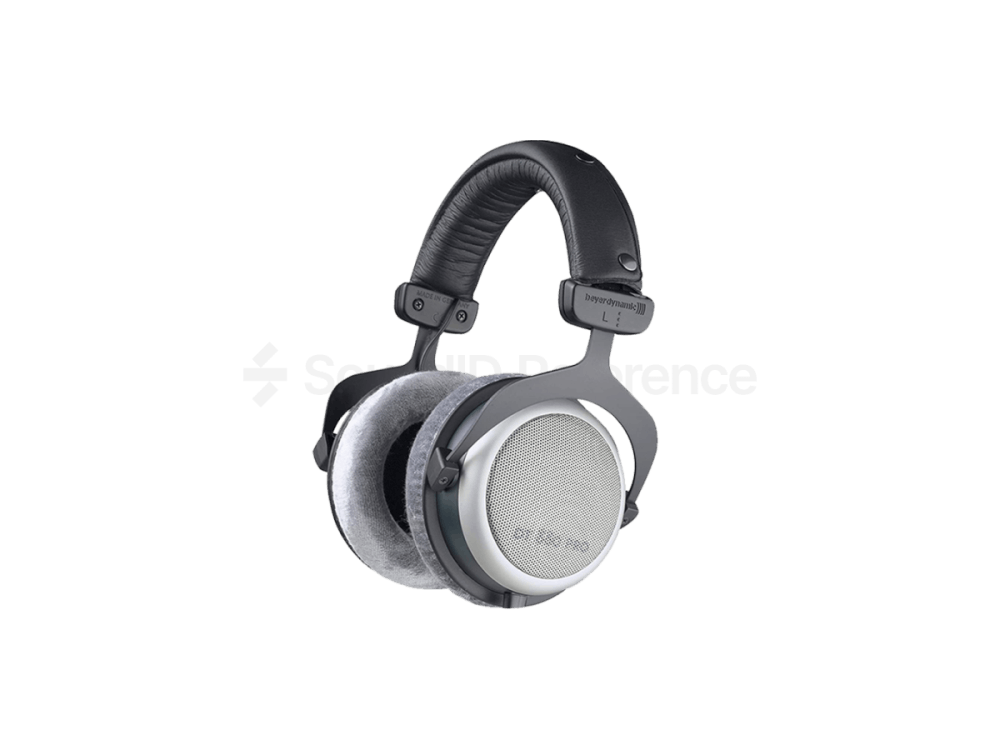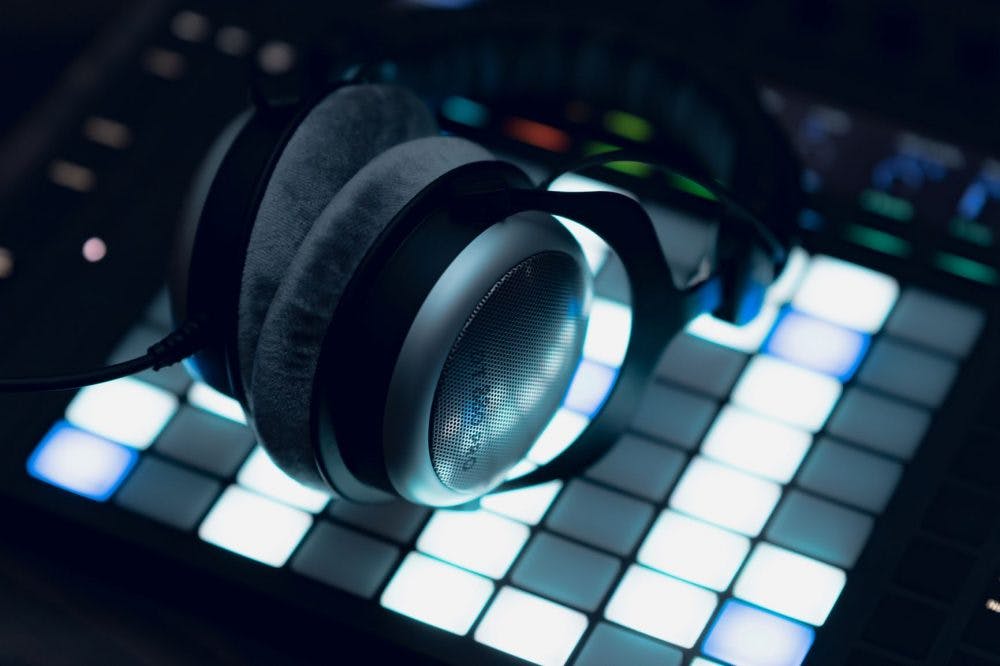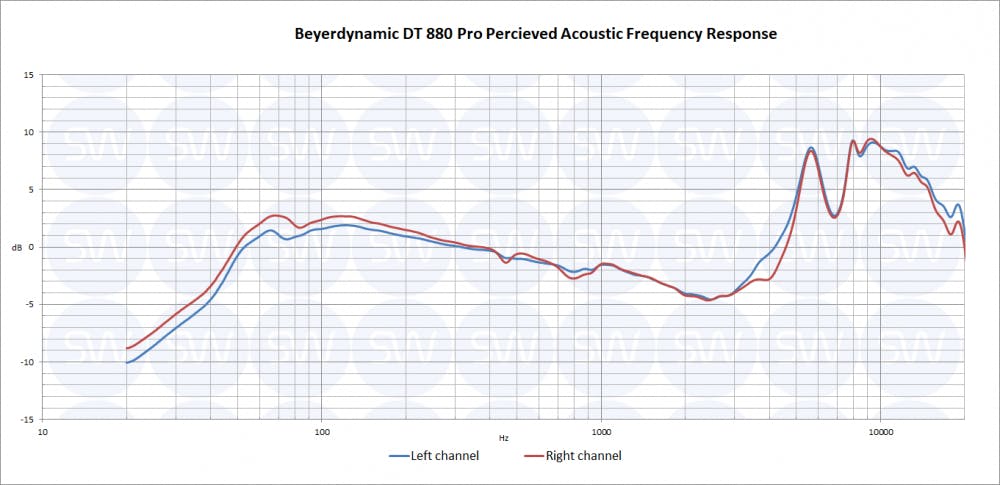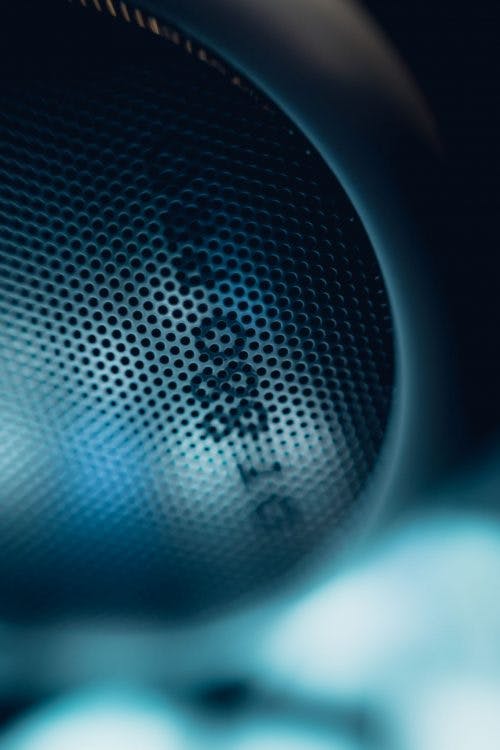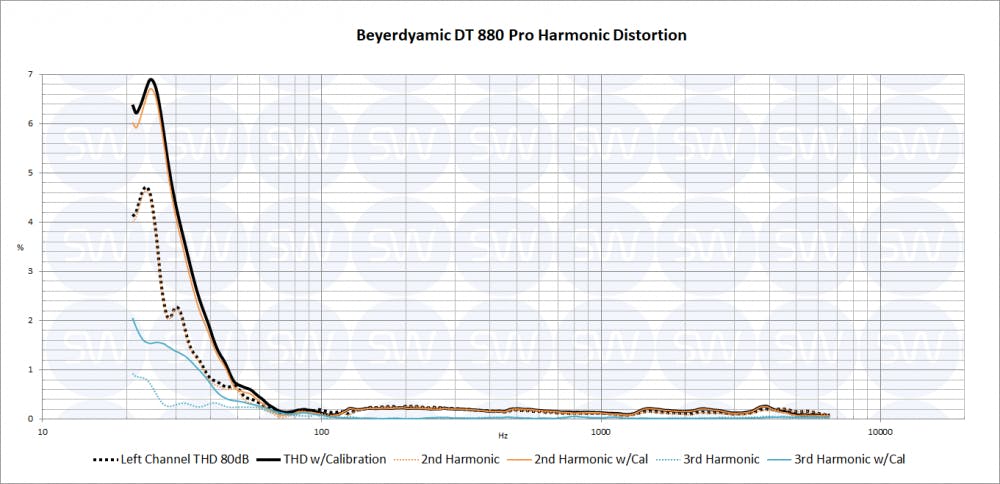It’s long overdue for us to review one of the studio world heavyweights – the Beyerdynamic DT 880 Pro. For most people shopping for studio headphones best suited for producing, mixing and mastering, two of the top options should be Sennheiser HD 650 (and the derived models) and the DT 880 Pro. Read on to find out how these two giants compare!
- Fantastic adaptiveness
- Great comfort
- Nearly every part replaceable
Pros list with SoundID Reference calibration
- Superb, neutral sound
- Dependable sub-bass response
- Overly emphasized high frequencies when uncalibrated
- Cable not detachable
DT 880’s could definitely lack volume if plugged directly into your phone or a built-in headphone socket on your laptop, especially if you’re using them with Sonarworks calibration and ‘Safe Headroom’ switch on. But don’t worry if you process sound through an audio interface – almost any interface with a headphone output will drive them loud enough. Even though the impedance for these is lower than that of HD 650, this pair is a tad harder to drive, same as with DT 770 Pro and DT 990 Pro 250 Ohm versions. If you need headphones for mobile DAW work and you don’t want to carry an audio interface around, this will not be your best option.
DT 880 Pros feel solid and give the impression that they’re designed with not the most careful user in mind and will not fail without a fight. Over the years, quite a lot of our clients have sent us their pairs in for individual calibration service and we’ve seen many units with various levels of wear and tear. For the more battered ones, it’s not uncommon to find the headband adjustment slider mechanism getting stuck in some positions and not fixating in other ones. Good thing that Beyerdynamic stocks replacement parts so this issue can be cheaply fixed. Our only complaint about the build quality is the absence of a detachable cable.
The 100 Hz to 4 kHz region is not exactly flat but the curve is quite even and doesn’t have any resonances, this helps them sound more neutral in the mids than most of the other headphones out there. However, as we move higher up the frequency range we see the massive boost that’s characteristic of nearly all Beyerdynamic models. On the other end, the sub-bass extension is respectable for a semi-open set, but still leaves room for improvement. Overall, the sound is very bright, and getting hi-hats and cymbals to sit right in the mix and translate well to a variety of playback systems might be a challenge.
Channels are nicely matched on DT 880 Pro’s as standard. We have measured great quantities of this model and any deviations between channels are rare, and when they do occur they are not substantial enough to cause any concern as they are inaudible most of the time.
You’ll find great praise for DT 880 comfort in any review, and this will be no different. The soft velour ear pads are the perfect diameter to accommodate even the largest of pinnas, so they’re true over-ear design. Since no pressure is exerted on the outer ear, it’s possible to wear DT 880 Pros for hours on end without ears getting hot or uncomfortable. The headband doesn’t feel as great as the ear pads but it’s adequate and isn’t an obstacle to long sessions.
If compared to Sennheiser HD 650, DT 880’s pack a considerable bang for your buck. Once calibrated, these DTs are virtually equal to Sennheisers, yet cost significantly less. Also, all spare parts are half the price of the HD 650 counterparts. The undetachable cable is the only DT 880 Pro drawback that hurts the value score, everything else is taken care of. If you want to save a few more euros, go for DT 880 Edition – you’ll get the same sound and overall quality at the expense of shorter cable and looser clamping force, which may be a good thing, depending on who you ask.
As seen in the graph above, any distortion worth mentioning resides only down low. The shape of the THD curve is similar to the main competitor of DT 880 Pro, which is, undoubtedly, Sennheiser HD 650 (and all the derived models) and when looking at THD graphs, Beyers show lower figures, so, at least on paper, Beyerdynamic wins. In the real world though, when listening at sensible levels, the low end sounds the same on both of these models – and it does sound clean, even after calibration which does raise distortion a fair bit. The perceived low end resolution difference between 880 and headphones that cost five times as much and offer virtually no distortion throughout the spectrum, is negligible at best and won’t impact any mixing decisions. So while this graph might look a bit dramatic, THD is no issue for these Beyers.
How accurate and consistent is the correction effect among different listeners?DT 880’s show fantastic adaptiveness, they’re almost as flawless as Sennheiser HD 650 (and all the derived models) in delivering accurate perceived frequency response to anybody wearing them.
How much do they differ pair to pair in terms of frequency response?The manufacturing consistency is great, better than most rivals in the price range. This means that the average profile should be pretty accurate, in most cases falling in between +/-3 dB from 4 kHz upwards and much less than that from 4k down.
Rating
Conclusion
Beyerdynamic DT 880 Pros are high quality headphones that offer a solid build, great comfort, and quite an affordable price. While the sound out of the box is bright, pair them with Sonarworks calibration and they’ll deliver astounding accuracy to any listener. These are among our all-time favorites and we highly recommend them to anyone looking for headphones that excel in production, mixing and mastering.
To calibrate your DT 8800 Pros, purchase headphone calibration software SoundID Reference or send them in for individual calibration.
For more information about beyerdynamic headphones, continue reading our reviews – DT 240 Pro, DT 770 Pro, DT 900 Pro X, and DT 990 Pro.
Final Rating
Calibration Enabled
Calibration
